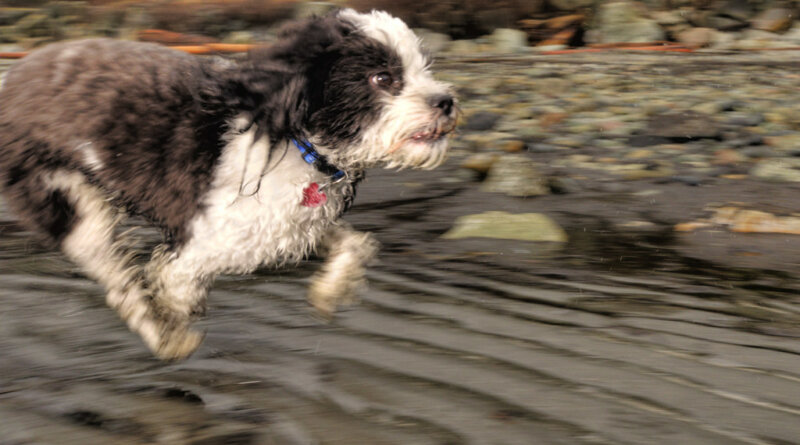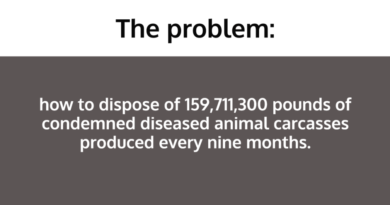Would Your Dog Rescue You?
“Help! Help me!” Guardians stuck in a box called out, hoping that their dogs who were free outside the cage would release them from their plight. No, it’s not the latest dystopian novel. It’s the latest experiment from the Canine Science Collaboratory at Arizona State University. Researchers Joshua Van Bourg, Jordan Elizabeth Patterson and Clive D. L. Wynne (the director) set up this situation for 60 dog/guardian pairs. They were investigating dogs’ inclination to find their inner Lassies and rescue their humans-in-distress. Results were published in the study “Pet dogs (Canis lupus familiaris) release their trapped and distressed owners: Individual variation and evidence of emotional contagion”.
In the test situation, guardians were enclosed in a box that superficially resembles a crate made out of peg board with one side of it closed off with a lightweight piece of foam board. Each dog was tested to see if he or she would respond to their guardian’s calls of distress and rescue their person by knocking over that barrier. After an opportunity to acclimate to the testing room, dogs were brought into it to find their guardian enclosed and saying “Help!” or “Help me!” in a distressed tone. People were prohibited from saying anything other “Help!” and “Help me!” Saying “Come”, the dog’s name or other common phrases could elicit responses by the dog as a result of obedience training.
A common criticism of such test situations is that the dogs may be opening the barrier simply so they can join their guardians, not to rescue them. To control for this, dogs were also tested when the guardian was reading out loud in the box with a calm, relaxed tone of voice. That situation was a control to assess if dogs were opening the box to be close to their guardians as opposed to rescuing them. Another common criticism is that if the dogs can’t open the box, it’s impossible to know if they would rescue the guardian if they could. To assess the dog’s ability to open the box, they were given the opportunity to open it after seeing and hearing food being dropped inside.
Success at opening the box for food and in-home experiences opening objects were good predictors of rescue success. Dogs who retrieved the food from the box were far more likely to rescue their guardians from the box. Dogs who opened the box to get to the food opened the box when their distressed guardians were inside 84 percent of the time. (They opened it less often when their guardians were reading.) In contrast, dogs who did not open the box to get to the food opened the box for their guardians less than 10 percent of the time. Dogs whose guardians reported they had previously opened objects at home were far more likely to open the box during the experiment. These results show that experience matters!
GET THE BARK IN YOUR INBOX!
Sign up for our newsletter and stay in the know.
Researchers monitored the stress levels of the dogs by paying attention to their whining, walking, barking and yawning. The dogs were more distressed when their guardians were calling out for help than when they were calmly reading. Both dogs who opened the box to rescue their guardians and those who didn’t do so were stressed.
There are people who strongly believe that their dogs would do whatever it takes to rescue them from any kind of trouble. There are also people who believe in their heart of hearts that their dogs wouldn’t bother. Most of us will never know whether our dogs would rescue us if life threw that particular curve ball at us despite our best guess about it. However, those few lucky guardians who participated in this study have concrete evidence about what their dogs would do if they needed to be rescued, but only in the one particular scenario of the study.
Many people expect their dogs to rescue them, but the dogs are not always capable of doing so, especially in the context of an experiment. Dogs’ ability to open the box was more important than their motivation. What does that say about dogs who don’t rescue their people? The failure to do so is likely because they can’t rather than because they don’t want to. The ability of dogs to open the box is an important requirement for success, so failure to perform a rescue doesn’t mean they don’t have a strong desire to do so. That means that we should not label individuals dogs as rescuers or non-rescuers.




